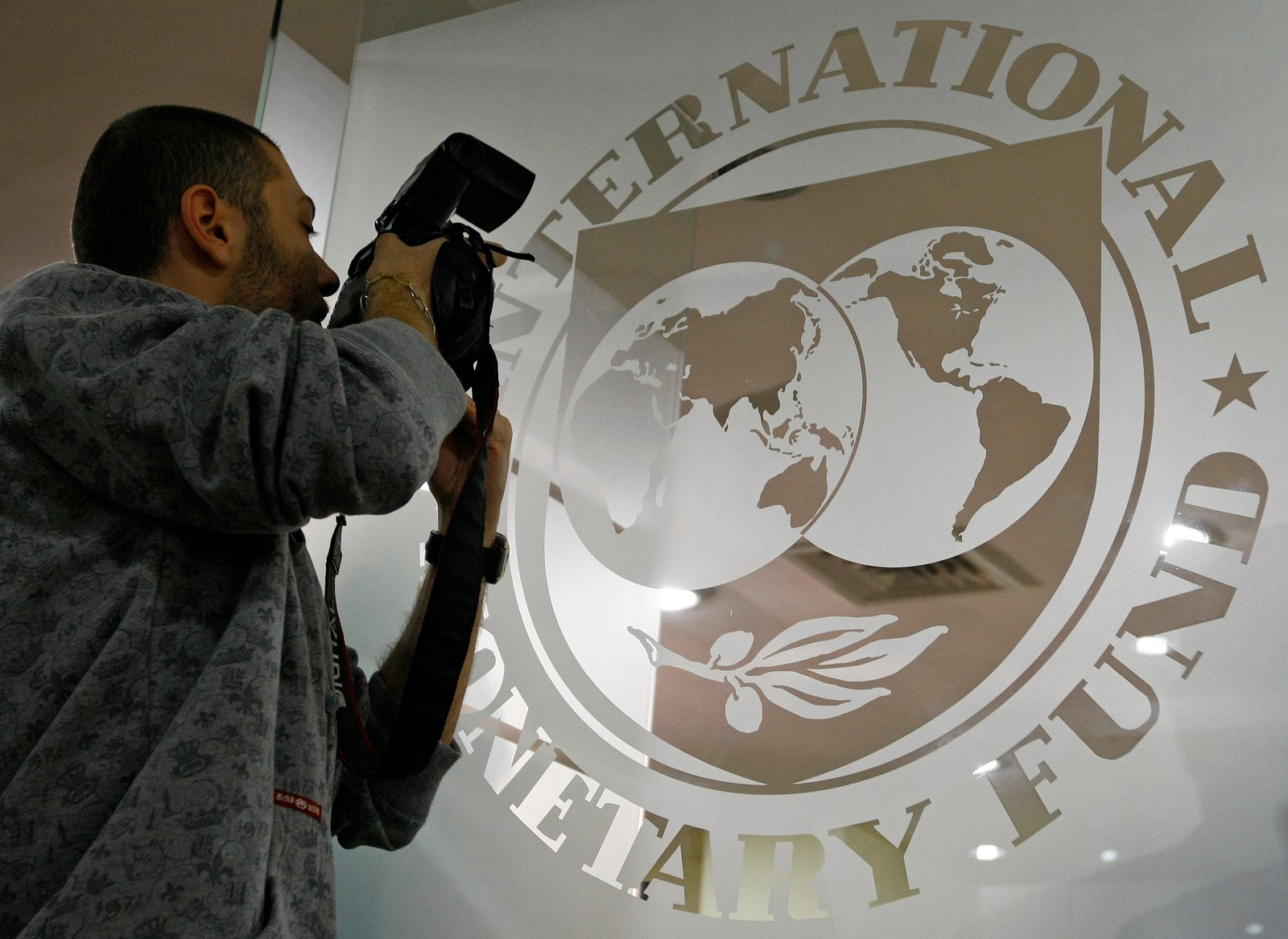

Reuters/Scanpix
“Generally speaking, minimum wages can contribute little to improving the situation of workers. The size of wages is determined by labour productivity. If productivity is achieved, this creates possibilities for businesses to increase wages,” Christoph Klingen told the paper.
“It is important to see if minimum wages are not too close to average earnings in the country. In Lithuania, minimum wages account for nearly 50 percent of these earnings. In other countries, this ratio normally is 30-40 percent. Thus, from this viewpoint, we do not see much room for increasing it,” the IMF mission chief said.
A too sudden or a too large increase in minimum wages can push some businesses back into the shadow economy, he said.
I admit it: I’m not that type of person who follows domestic and international politics…
While Prime Minister Gintautas Paluckas does not take issue with the statements made by the…
Lithuanian economists are surprised to see our country's economic growth: the Estonian economy has been…
"The fate of Nemuno Aušra (Dawn of Nemunas) in the coalition has been decided; they…
Airvolve, a Lithuanian dual-purpose aeronautics company, has successfully completed its first round of testing and…
The world is becoming smaller, more intertwined, and increasingly fragmented, with many of the previous…